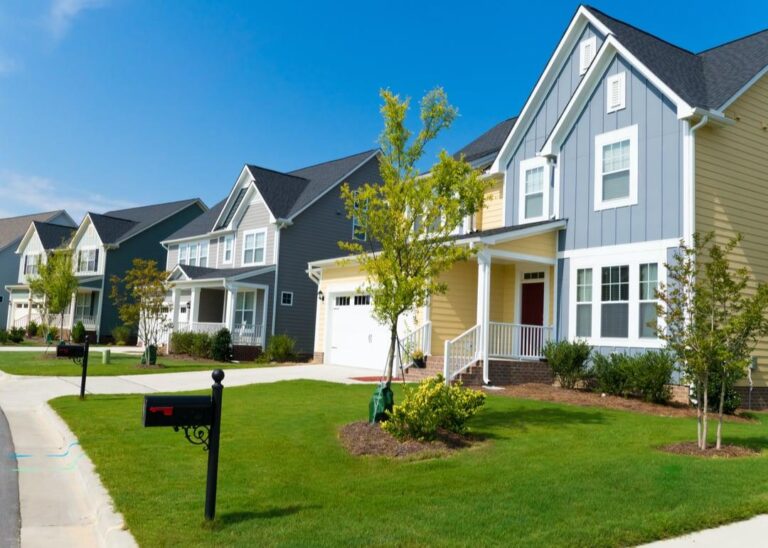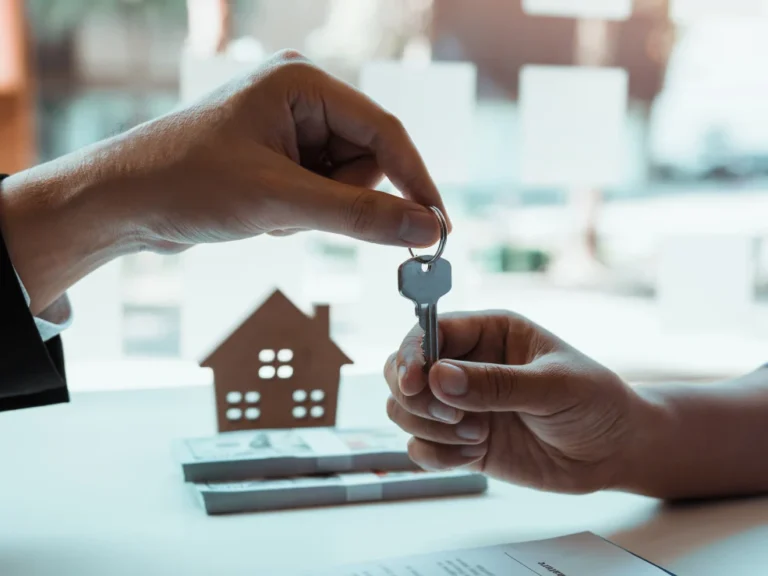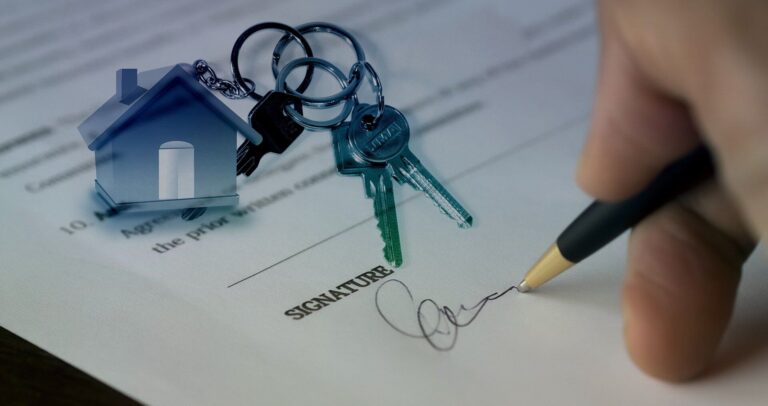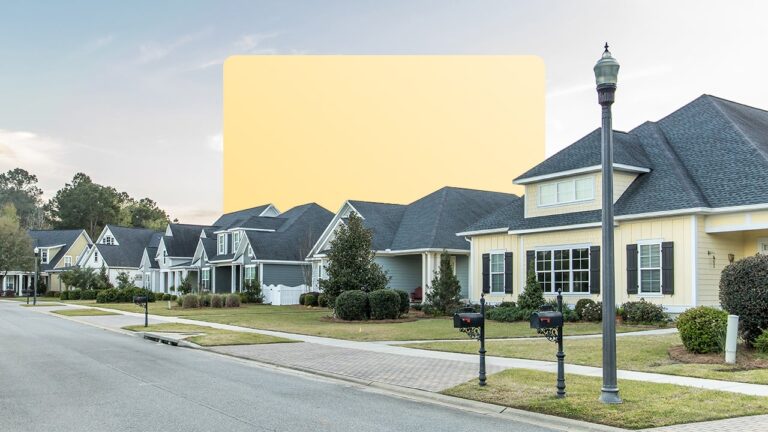When you buy property online USA or with the help of a real estate agent in USA, it’s easy to focus on the mortgage payment itself.
But owning a home involves much more than just the monthly payment on your loan. Whether you’re a first-time buyer or seasoned homeowner, understanding all the costs of homeownership is essential for long-term financial success.
Here’s a breakdown of the additional costs you should budget for, and how to prepare for them without getting overwhelmed.
1. Property Taxes: Plan for Regular Increases
Property taxes are one of the most significant ongoing costs of homeownership. These taxes are generally paid annually or semi-annually and are often included in your monthly mortgage payment via an escrow account.
However, it’s essential to know that property taxes can vary significantly by location, and they may increase over time as the value of your property rises or local tax rates change. Before you buy houses online USA, it’s wise to get a sense of the property’s tax history and future trends.
Tip:
- Online real estate agents can help you track property tax rates for areas you’re considering.
2. Homeowners Insurance: Protecting Your Investment
Homeowners insurance is a necessity for safeguarding your home and personal belongings. Lenders typically require this insurance, and it’s often included in your monthly mortgage payment.
However, the premium you pay can vary widely based on factors such as:
- Location (e.g., areas prone to hurricanes or wildfires)
- Home age and condition
- Coverage limits and deductibles
Tip:
- Shop around for the best insurance rates before finalizing your mortgage terms. Real estate agents USA can often suggest local insurers.
3. Home Maintenance: Budget for the Unexpected
When you own a home, repairs and maintenance are your responsibility — and they can be costly. A broken HVAC system, a leaky roof, or a faulty water heater can set you back hundreds (if not thousands) of dollars.
It’s advisable to allocate about 1-2% of your home’s value per year for general maintenance and repairs. For instance, if your home is worth $250,000, budget around $2,500 to $5,000 annually for maintenance.
Tip:
- Regularly maintain appliances and systems to prevent costly repairs later.
4. Utilities: Energy, Water, and More
In addition to your mortgage, you’ll have ongoing utility costs, such as:
- Water and sewage
- Electricity and natural gas
- Trash collection
- Internet and cable
Utility costs vary depending on the size of your home, its age, the region, and your usage habits. When working with an online real estate agent, ask for average utility bills for the properties you are considering.
Tip:
- Keep energy-efficient upgrades in mind, as they can help reduce your utility bills in the long run.
5. HOA Fees: Costs of Community Living
If you purchase a property in a neighborhood with a Homeowners Association (HOA), you’ll likely face additional monthly or quarterly fees. These fees typically cover:
- Maintenance of common areas (e.g., parks, streets)
- Community amenities (pools, gyms, etc.)
- Trash removal and landscaping
These fees can range from $100 to $500 per month (or more), depending on the community.
Tip:
- Don’t forget to factor HOA fees into your budget when considering what you can afford.
6. Mortgage Insurance: If You Put Less Than 20% Down
If your down payment is less than 20%, you may need to pay private mortgage insurance (PMI). This cost is added to your monthly mortgage payment and protects the lender in case you default on the loan.
PMI costs typically range from 0.3% to 1.5% of the original loan amount annually, depending on factors like your loan type and down payment size. It’s important to factor this in when creating your homeownership budget.
Tip:
- Once you build 20% equity in your home, you can request to cancel PMI — potentially lowering your monthly payments.
7. Lawn Care and Landscaping: Beauty Comes with a Price
Depending on your property size and preferences, you may need to budget for lawn care, landscaping, or tree trimming. Whether you choose to do it yourself or hire a professional service, it’s an ongoing expense that can add up over time.
Tip:
- If you plan to DIY your landscaping, factor in the cost of lawnmowers, gardening tools, and supplies.
8. Renovations and Upgrades: Making Your Home Yours
While buying a home means you’re set for the long term, it also means you’ll eventually want to make changes to suit your style. From remodeling the kitchen to upgrading your bathroom, these costs can add up quickly.
It’s essential to have a separate budget for upgrades and renovations, so you don’t dip into your emergency savings.
Tip:
- Prioritize renovations that add value to the home (e.g., kitchen remodels, adding square footage).
9. Emergency Fund: Expect the Unexpected
Homeownership often comes with unexpected costs — an emergency fund is your financial safety net. Set aside at least three to six months’ worth of living expenses to cover unexpected repairs, job loss, or other emergencies.
Tip:
- If you can, contribute to your emergency fund before closing on your home, as this will give you peace of mind.
10. Debt Repayment: Don’t Forget Your Other Obligations
While your mortgage is a significant debt, it’s not the only one. You might have other monthly payments to account for, like credit cards, student loans, or car payments.
Tip:
- Make sure you’re factoring these into your monthly budget to avoid feeling financially stretched once you’re settled in your new home.
“Owning a home isn’t just about having four walls — it’s about having the wisdom to manage, the strength to maintain, and the foresight to grow.”
Q&A Section
Q: Can I buy a home if my budget is tight?
A: Absolutely, but be realistic about what you can afford. Speak with a real estate agent in USA to find homes in your budget, and ensure you’re prepared for all the extra costs associated with homeownership.
Q: How can I prepare for property tax increases?
A: Start by reviewing the past five years of tax assessments. Your online real estate agents can help identify areas with stable or rising taxes, so you’re not caught off guard.
Q: Should I always budget for home repairs?
A: Yes. Having a reserve for unexpected repairs helps avoid financial stress when things break down unexpectedly. This should be a regular part of your budget.
Q: Are online real estate agents good at helping me with homeownership costs?
A: Yes! Online real estate agents USA often have comprehensive cost calculators and can guide you through all expenses related to homeownership — not just the mortgage.
How We Can Help You Transform Your Home — and Your Life
Imagine a living space that truly feels like your sanctuary — organized, beautifully decorated, and perfectly suited to your style.
Our Home Transformation Bundle is packed with expert tips for decluttering, organizing, and decorating your home. Whether you’re aiming for a modern, traditional, or mid-century look, these insights are designed to help you create a space that inspires calm, creativity, and joy.
But sometimes, no matter how much you declutter or redecorate, a fresh start is the real answer.
If you’re feeling like it’s time for a bigger change — a new home — we’re here for that too.
Moving forward is easier with the right partner.
The numbers speak for themselves: 87% of home buyers and 89% of sellers trust real estate agents to guide them.
Agents help you price, negotiate, organize paperwork, and avoid costly mistakes. With a true professional by your side, you’ll feel confident every step of the way.
Ready for your next chapter?
Fill out our quick form today, and we’ll personally match you with a trusted real estate agent who understands your needs — and is ready to help you achieve your goals.
It’s fast, simple, and designed to make your transformation journey smooth and exciting.
Your dream space is waiting. Let’s make it a reality — starting today.












